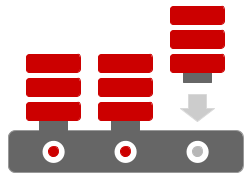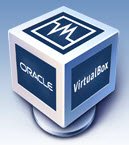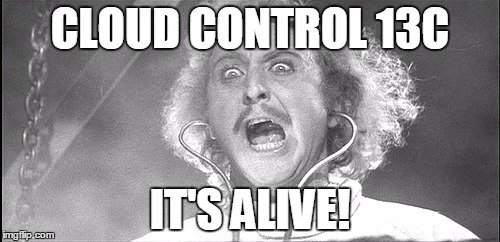 The Oracle Database 12c Release 2 (12.2) learning process continues. I’m determined to get to the bottom of all this new multitenant stuff. 🙂
The Oracle Database 12c Release 2 (12.2) learning process continues. I’m determined to get to the bottom of all this new multitenant stuff. 🙂
Here’s the latest batch of articles.
- Multitenant : Parallel PDB Creation Clause in Oracle Database 12c Release 2 (12.2)
- Multitenant : Proxy PDB in Oracle Database 12c Release 2 (12.2)
- Multitenant : Default Tablespace Clause During PDB Creation in Oracle Database 12c Release 2 (12.2)
- Multitenant : Pluggable Database (PDB) Operating System (OS) Credentials in Oracle Database 12c Release 2 (12.2)
- Multitenant : PDBs With Different Time Zones to the CDB in Oracle Database 12c Release 1 (12.1)
So the last one is actually for 12.1, but I hadn’t written about it already, so I added it.
I also updated this article to include the “CONTAINERS Hint” feature functionality.
There is a new feature listed in the docs as as “Support for PDBs with Different Character Sets, Time Zone File Versions, and Database Time Zones in a CDB”. I’ve already written about the PDB character set stuff and it is also listed separately as a new feature. The time zone stuff works in 12.1, so it doesn’t appear to be a 12.2 new feature. The different Time Zone File Versions functionality, as far as I can see, relates to OCI client connections to the server and was introduced in 11.2. With all that in mind, I’m really not sure what this listed new feature specifically relates to. If someone can clear that up for me I would be really grateful, as I’m wondering if I’ve just missed the point somewhere. 🙂
I’ve added these to the list of all my multitenant articles here.
Cheers
Tim…
 Over the last couple of years I’ve been doing talks about running Oracle databases in the cloud. In both my talks and articles I refer to the
Over the last couple of years I’ve been doing talks about running Oracle databases in the cloud. In both my talks and articles I refer to the  I just read
I just read 

